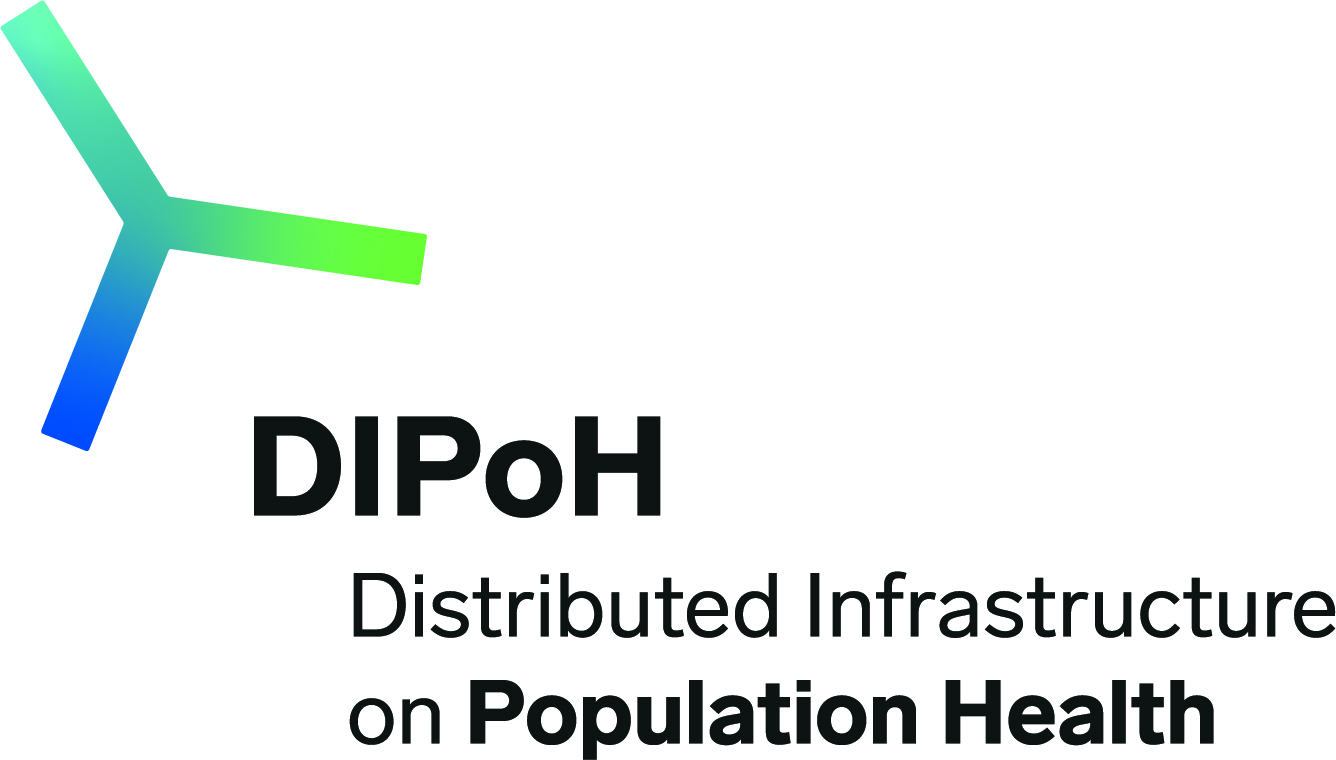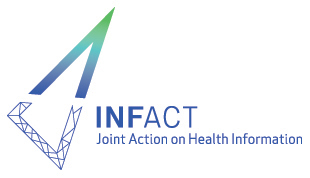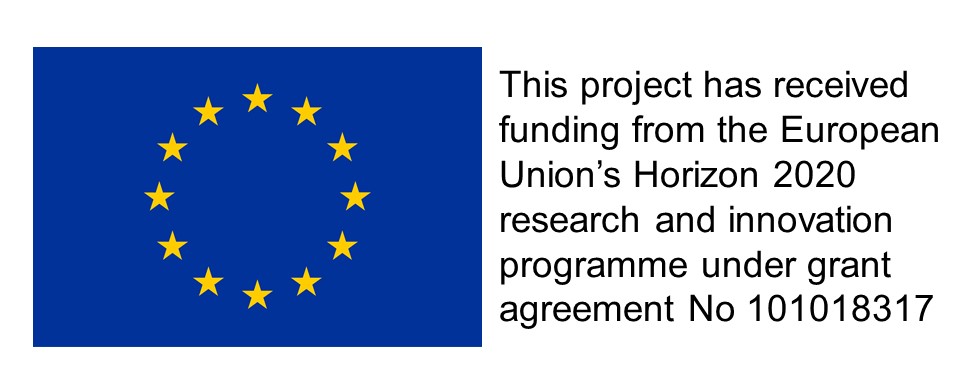Legal framework and institutional responsibilities
The German Protection against Infection Act (Infektionsschutzgesetz, IfSG) regulates data collection in the area of communicable diseases, including the implementation of the reporting system for notifiable diseases and evidence of pathogens from the responsible health office to the federal state authority and from there to the Robert Koch Institute (RKI). In addition, voluntary registries exist, e.g., the AIDS Case Registry. There is no comparable legal basis across diseases in the area of non-communicable diseases. Data on cancer are collected, checked, analysed and published by the Robert Koch Institute from state-level cancer registries according to the Federal Cancer Registry Data Act (Bundeskrebsregisterdatengesetz, BKRG – currently under revision).
Federal Health Reporting (Gesundheitsberichterstattung, GBE) is carried out by the Robert Koch Institute (RKI) and the Federal Statistical Office, each focusing on different tasks in close consultation. Health reporting in Germany takes place at the federal, state and municipal level. Due to different legal foundations, differences in human and financial resources, and varying data availability, a heterogeneous picture of health reporting results between and within the different levels.
The RKI was officially charged with Health Monitoring by the Federal Ministry of Health in 2007. The monitoring system includes three survey components that repeatedly provide comprehensive information on the population’s state of health and health behaviour, as well as on healthcare services in Germany:
- KiGGS – German Health Interview and Examination Survey for Children and Adolescents
- DEGS – German Health Interview and Examination Survey for Adults
- GEDA – German Health Update (Health Interview Survey) – EHIS, the European Health Interview Survey, is fully integrated in the GEDA survey since 2014/2015
The National Prevention Conference (NPC) is tasked with publishing a cross-institutional Prevention Report every four years, in accordance with the Preventive Health Care Act and section 20d of Book V of the German Social Code (SGB V). The first prevention report was submitted to the German Federal Ministry of Health in 2019, focusing on documentation, performance monitoring and evaluation of the prevention measures put in place by the members of the NPC. The report includes data from the federal health monitoring and findings from health reporting at the federal state level.
Health system performance indicators: In accordance with section 137a of Book V of the German Social Code (SGB V), the development of health care quality assurance instruments and the publication of the results of quality assurance measures with the aim to improve transparency for patients is among the tasks of the Institute for Quality Assurance and Transparency in Healthcare (IQTIG).
Health information strategy
A broad spectrum of health information is collected, analysed and made available in Germany by various actors at different levels (national, state, municipal, corporatist, etc.) who are covered with relevant legislation. There is no formal national health information strategy in Germany.




